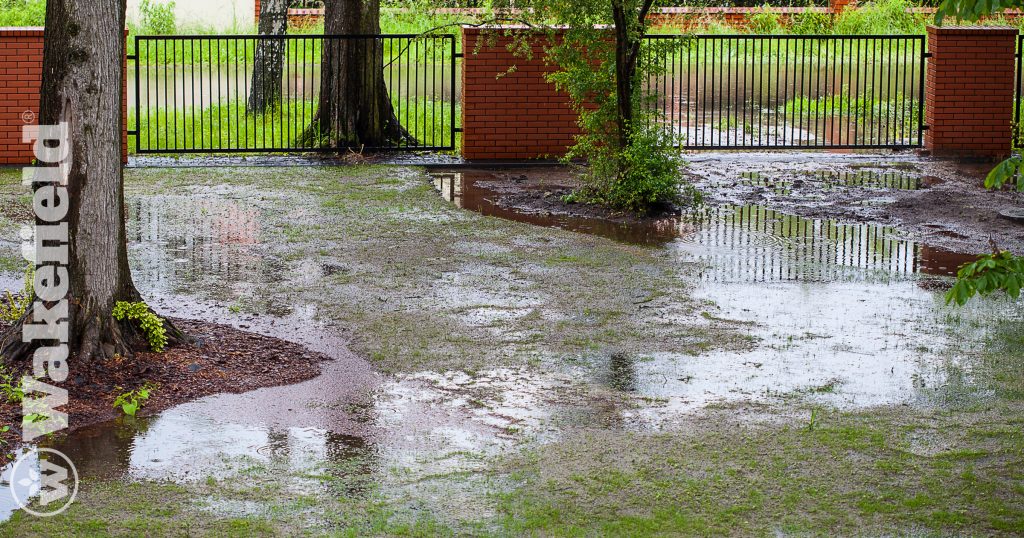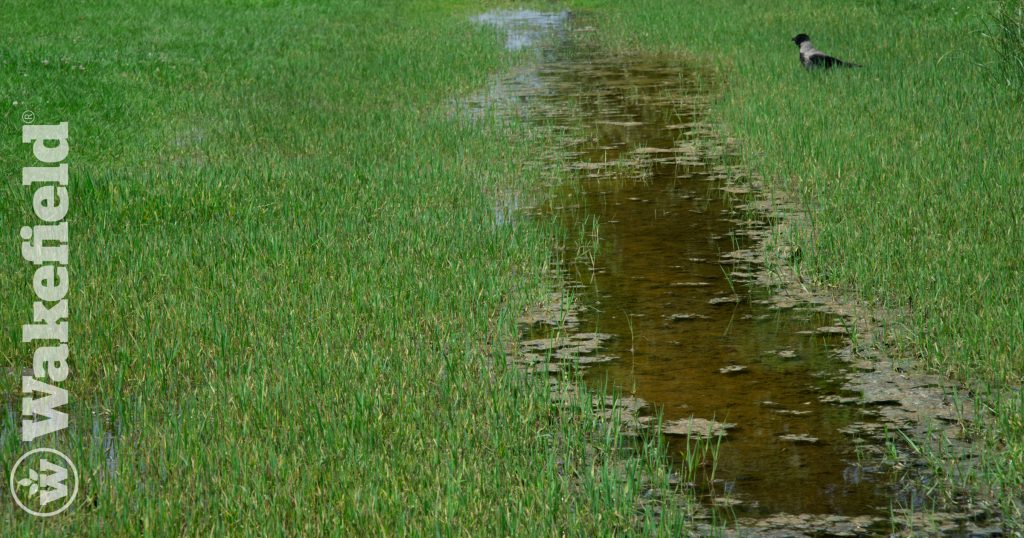How Biochar Can Help Waterlogged Plants Thrive

If you want your plants or crops to flourish, they need the right amount of water. Too little water means plants wither from lack of moisture. On the other hand, excessive amounts cause waterlogged plants to die because oxygen is not readily available to the roots. This issue often arises in poorly drained soil during heavy rain. The only way to alleviate this problem is by improving drainage and soil structure. Fortunately, soil amendments such as biochar offer a solution.
At Wakefield BioChar, we invite you to learn more about biochar and how it can help your waterlogged plants thrive.
Understanding Waterlogged Plants
If your property is prone to flooding, you are likely aware of the stress placed on your plants. Waterlogged soil creates an environment where roots cannot access the oxygen they need to function properly. As a result, various signs and symptoms indicate your plants are struggling:
- Yellowing leaves: A common sign that your plants are not getting enough oxygen.
- Dropping leaves: Plants may shed leaves to reduce their need for oxygen and water.
- Darkening roots: Roots may turn dark or black due to a lack of oxygen.
- Rotting odor: A foul smell can indicate root rot.
- Spongy areas at the plant base: This is a sign that the plant’s base is retaining too much water.
If your plants exhibit these symptoms, waterlogging is likely the cause.
The Role of Biochar in Alleviating Waterlogging
Biochar can significantly improve soil conditions for waterlogged plants. For example, in a study involving waterlogged soils, biochar treatment decreased the soil’s pH and bulk density. Additionally, it increased soil organic carbon (SOC), available nitrogen (AN), and available phosphorus (AP).
Benefits of Biochar
- Improved Drainage: Biochar enhances soil structure and porosity, which increases the number of pores between soil particles. Consequently, this improved structure facilitates better water movement and reduces waterlogging.
- Aeration: Poorly drained soils suffer from inadequate aeration, leading to compaction and preventing plants from receiving the water, air, and nutrients they need. Fortunately, biochar improves soil structure, leading to better aeration and healthier plants.
- Nutrient Retention: Biochar helps retain essential nutrients in the soil, ensuring they are readily available to plant roots.
- Microbial Activity: By improving aeration, biochar also boosts microbial activity in the soil. Its porous nature encourages the colonization of beneficial microbes, which contribute to overall soil health.
- Reduced Toxicity: Biochar has the ability to reduce the presence of organic pollutants, heavy metals, and other toxins in soils, preventing them from leaching into your garden.
Addressing Climate Change with Biochar
Carbon dioxide is the greenhouse gas most responsible for global warming. Interestingly, the biochar manufacturing process reduces the amount of carbon dioxide in the atmosphere by converting decomposing biomass to a fixed carbon that is sequestered into the ground. This not only helps mitigate climate change but also contributes to healthier soil.
Many regions experience waterlogging issues that did not exist in the 20th century. While biochar can remediate these problems, it also helps combat climate change and promotes overall soil health. At Wakefield BioChar, we are committed to helping you create optimal growing conditions for your plants. Therefore, learn more about how biochar can transform your waterlogged soil into a thriving garden ecosystem.
Better Soil. Better World.







